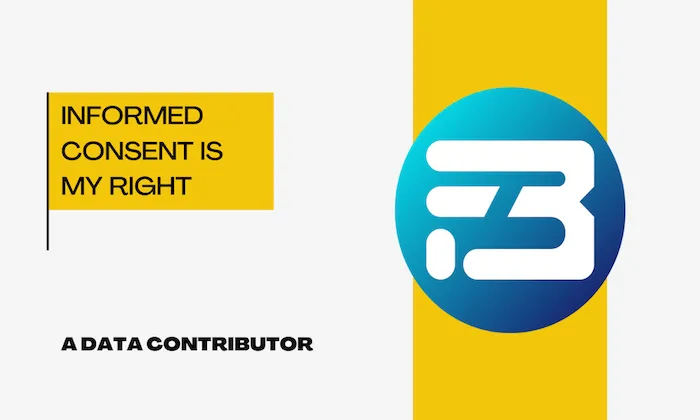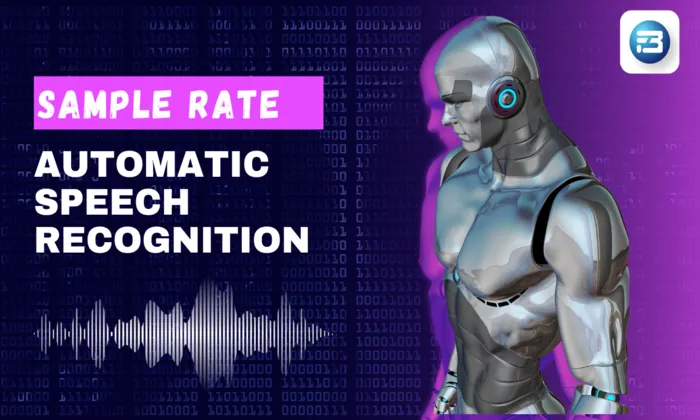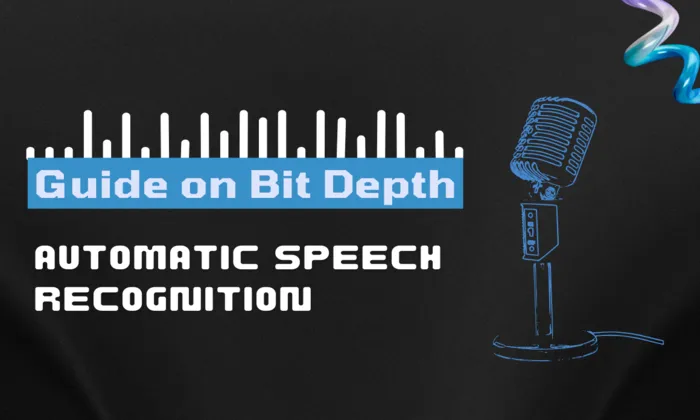Are participants informed about doctor dictation dataset use cases?
Data Privacy
Healthcare
Speech AI
Doctor dictation datasets are crucial tools in advancing healthcare technology, particularly in medical transcription. These datasets consist of audio recordings where clinicians document patient information and clinical notes in a structured, terminology-rich manner. Unlike conversational exchanges, these monologue-style recordings are dense in medical jargon and are intended for precise transcription. They serve various applications, such as automated speech recognition (ASR) systems, natural language processing (NLP) for clinical decision support, and improving electronic medical record (EMR) documentation.
Significance of Clinician Awareness on Data Usage
Understanding the purpose and potential of doctor dictation datasets is vital for clinician engagement. Here's why:
- Transparency and Trust: Clinicians are more likely to contribute when they understand how their data will be used. Transparent communication about the intended applications, such as research and product development, fosters trust and collaboration.
- Data Quality and Relevance: When clinicians are aware of specific use cases, like clinical documentation improvement, they can tailor their dictation to enhance data accuracy. This awareness can lead to clearer speech patterns, benefiting ASR systems significantly.
- Ethical Compliance: Clear guidance on how data will be used aids in maintaining ethical standards, particularly in protecting patient privacy. Clinicians need assurance that their contributions won't compromise sensitive information.
Effective Strategies for Informed Participation in Data Collection
To ensure clinicians are informed about the use of their data, consider these strategies:
- Educational Workshops: Conduct sessions to educate clinicians on the technological advancements their data supports, such as improved ASR systems, and the potential impact on healthcare delivery.
- Comprehensive Documentation: Providing clear resources that explain dataset applications and ethical guidelines empowers clinicians to contribute more confidently.
- Feedback Mechanisms: Allowing clinicians to provide feedback on the data collection process can improve their understanding and engagement while refining the dataset based on real-world insights.
Key Considerations for Enhancing Clinician Engagement
Engaging clinicians in data collection requires careful consideration of several factors:
- Balancing Details with Clarity: Providing necessary details without overwhelming clinicians with technical jargon is crucial. Clear, concise communication helps maintain engagement.
- Protecting Patient Information: Emphasize the protocols in place to safeguard patient data, reinforcing trust in the data collection process.
- Training and Support: Offering training on effective dictation techniques aligned with dataset requirements can enhance data quality. This training should highlight how clinician input improves healthcare technologies.
Common Pitfalls and Solutions in Data Collection Efforts
Even experienced teams can encounter challenges in collecting doctor dictation datasets. Here are common pitfalls and ways to address them:
- Neglecting Ongoing Engagement: Continuous communication about how clinician data contributes to broader goals is essential. Regular updates and feedback loops help maintain a collaborative atmosphere.
- Overlooking Realism in Dictations: Ensuring that clinicians understand the real-world applications of their data encourages authentic dictations, crucial for creating realistic datasets.
- Inadequate Ethical Oversight: Robust frameworks for consent and data handling are essential to meet ethical standards. Clear guidelines and compliance with regulations like HIPAA ensure data integrity and participant trust.
Final Thoughts
Fostering a transparent, informed data collection process benefits both organizations and patients by enhancing healthcare technologies. By implementing effective communication strategies and emphasizing transparency, organizations can build a strong foundation for successful data collection efforts. FutureBeeAI is committed to supporting this process by providing scalable, compliant, and high-quality datasets tailored to specific medical applications.
Smart FAQs
Q. What are the primary applications of doctor dictation datasets?
A. These datasets are essential for medical ASR systems, clinical decision support tools, and EMR automation, enhancing speech recognition accuracy and documentation efficiency in healthcare.
Q. How can clinicians ensure their dictations meet dataset requirements?
A. Participating in training sessions focused on effective dictation practices and understanding dataset requirements can help clinicians provide high-quality, relevant recordings.
What Else Do People Ask?
Related AI Articles
Browse Matching Datasets
Acquiring high-quality AI datasets has never been easier!!!
Get in touch with our AI data expert now!








